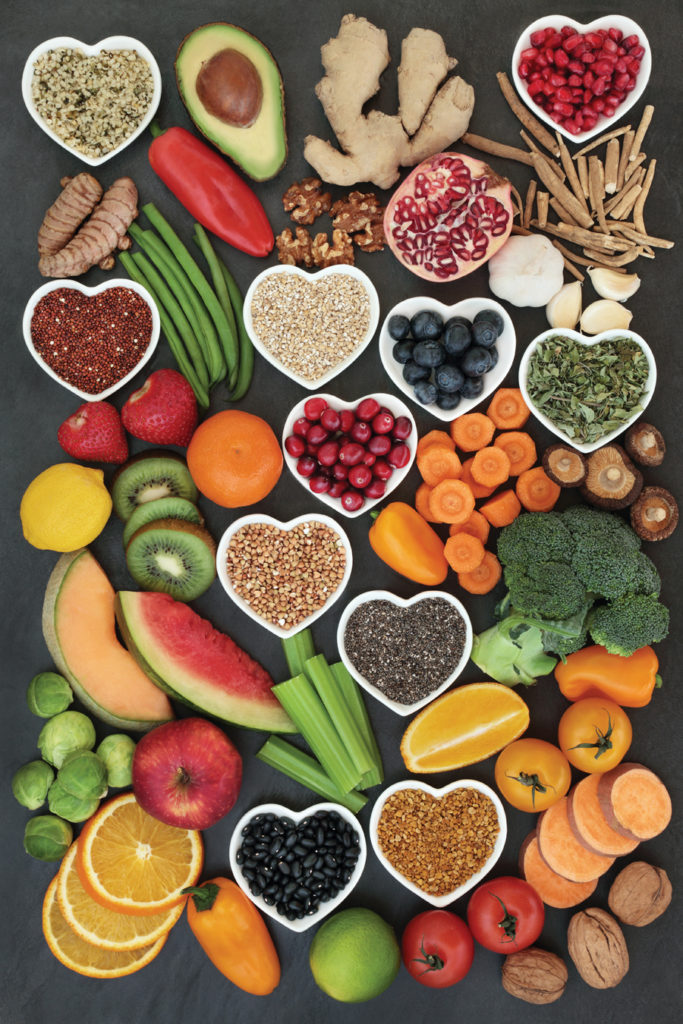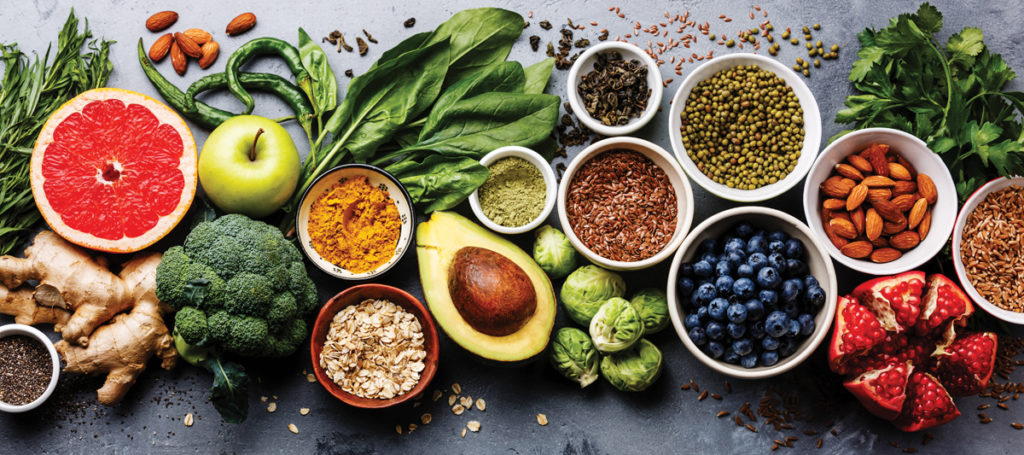 By Sumer Dene
By Sumer Dene
Your intuition communicates to all the nerve cells in your body, that ‘gut feeling’ you get is your subconscious mind sending you signals. The secret is learning how to listen to these instinctive feelings and trust your gut. America spends more money on healthcare than any other nation yet has the highest disease rate. In a land of opportunity, when did we put a price tag on our health and wellness? Food stripped of nutritional value is more convenient, easily accessible and affordable in our fast-paced society. We are conditioned to compartmentalize things we don’t see and can’t name, creating a detachment to the food we eat and how it got to our plate. How can consumers dictate their health in a world conflicted with dietary fads, advertising campaigns and misleading health claims? The public becomes confused when given small amounts of truth within a large amount of misinformation. In a society where we cannot seem to unite as a whole, have we lost connection with ourselves and our planet along the way?
Our body is an ecosystem. The protective microbiome in our gut is a community of like-minded organisms. This diverse population has a common goal: to get the most nutrients out of food so we can get the most out of life. A central philosophy of well-being is to eat high fiber, nutrient-dense foods. Our friendly gut bacteria thrive on fiber to promote glucose homeostasis, weight loss, and absorption of important nutrients. Fiber naturally detoxes the body and is essential for mental and emotional health. According to the ‘National Institutes of Health,’ integrated evidence concludes that metabolism of a high fiber diet can alter gene expression in the brain to prevent neurodegeneration and promote regeneration. Our relationship with food is much deeper than we thought. The gut sends unconscious signals to our brain via the vagus nerve, 50% of dopamine and 90% of serotonin is made in the digestive tract. These are the ‘drugs’ that make us feel happy and content. The stomach directly communicates to our brain to ‘manipulate’ behavior, it’s a self-reinforcing cycle. Processed foods high in saturated fats and artificial ingredients fool your brain to consume more calories because it doesn’t contain the nutrients your body needs. The good news is you can gradually change the community of organisms within you to impact your quality of life and boost energy. Increase fiber intake slowly and drink plenty of water. This allows the natural bacteria in your digestive system to adjust to the change.
Combine a legume with a whole-grain or nut and seed to create a complete protein. According to the ‘US National Library of Medicine,’ a diet rich in legumes is a predictor of survival of older people in different ethnicities. Legumes deliver a wide range of nutrients, including lean protein, fiber and antioxidants with relatively few calories. Soak legumes overnight before cooking. It is simple to prepare with layers of flavor and texture. Start with a neutral oil like sunflower, make a paste with vegetable stock, curry, garlic and your choice of vegetables. Legumes are a great addition to soups. It is delicious pureed in dips, dressings and spreads.
Healthy fats are essential to absorb nutrients, achieve optimal body composition and balance hormones. Research published in the “Imperial College of Science, Technology and Medicine,’ states a handful of nuts a day lowers the risks of many diseases and reduces weight gain. Nuts are packed with protein and fat. They help you age gracefully, improve memory function and maintain a strong, lively heart. Eliminating a macronutrient from your diet creates a calorie deficit which is a short-term fix with long-term adverse effects on mood and health. Balance and enjoy an assortment of whole-foods, be active in mind and body, enjoy life and drink plenty of water. This is the most promising way to live a healthful, happy life.
Truly Care
There are many advantages to a whole-foods lifestyle. It can simplify your life and protect our land, water and energy sources. The hardest part is knowing where to begin, with time and preparation it can be effortless and affordable to your specific needs. You as a citizen have a choice and a vote with your dollar. Knowledgeable consumers can change the economy as we know it. Declaration of mental and physical strength is the ultimate independence from society. The answer comes from honesty and integrity by evaluating scientific information without bias or corporate agenda. A food labeled ‘vegan,’ ‘organic’ or ‘all-natural’ doesn’t necessarily mean that it is good for you. It can still be processed, high in sugars, and lacking nutrients. Don’t let yourself be consumed by a deceitful and saturated market. Educate yourself.
Have Fun & Be Creative 🙂
A whole-foods lifestyle includes thousands of possibilities from a diverse array of flavors, colors, aromas and textures. It’s not a strict regimen, its liberating. Let it be unique to your taste buds and personality. If you have concerns, ask your doctor for a blood test, evaluate results and adjust habits accordingly. Trust your gut.
Feel free to contact me at [email protected]




